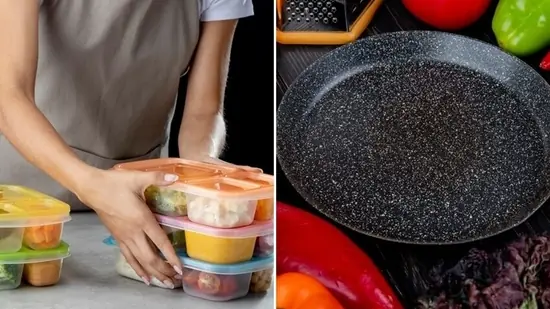
10 Common Toxic Household Items and Safer Alternatives to Protect Your Health
Many everyday household products contain harmful chemicals, but simple, natural alternatives can keep your home safe and healthy.
Why Your Diet Impacts Your Energy Levels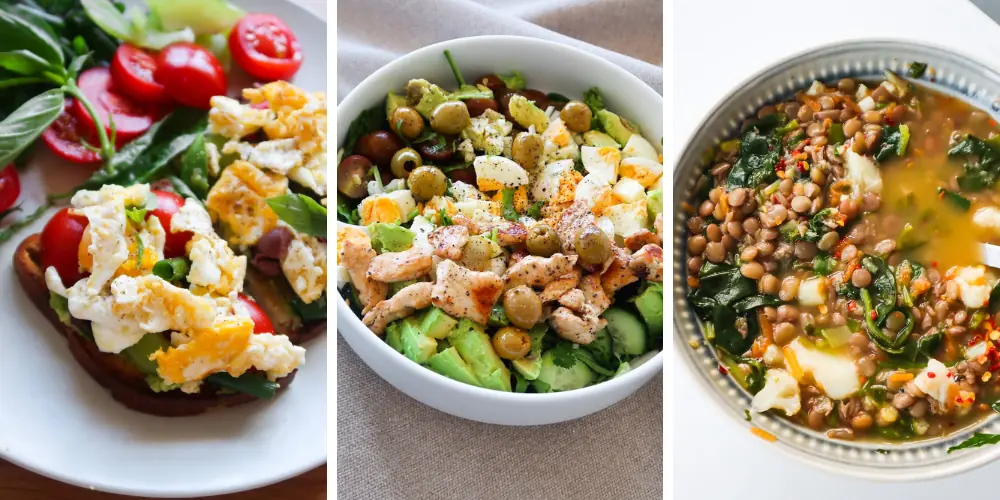
Feeling drained, sluggish, or experiencing mid-day crashes is a common complaint—and your diet may be a major factor. What you eat, when you eat, and how much you hydrate all play crucial roles in maintaining steady energy throughout the day.
Registered dietitian nutritionist John Markell explains that balanced meals with complex carbs, lean proteins, and healthy fats provide long-lasting fuel. On the other hand, foods high in refined sugar or processed ingredients can cause quick energy spikes followed by crashes.
In this article, we dive into the science behind energy-boosting foods, what to avoid, and a practical 7-day meal plan designed for sustained vitality. Plus, tips for meal prepping and guidance on when to consult a dietitian for personalized support.
How Food Influences Your Energy
Your body’s energy depends on nutrients that fuel your cells. Here’s how food choices affect you:
Complex carbohydrates (like oats, brown rice, whole wheat) digest slowly, providing steady glucose release.
Simple sugars (found in candies, soda) cause rapid spikes in blood sugar but lead to energy dips.
Protein helps build and repair tissues and supports hormone regulation.
Healthy fats provide long-lasting energy and support brain function.
Eating regularly every 3-4 hours helps avoid fatigue from hunger or overeating.
Foods to Avoid for Better Energy
Certain foods can drain your energy and reduce focus:
Sugary snacks and drinks (candies, soda, ice cream)
Refined carbs (white bread, white rice)
Ultra-processed fast food and snacks
Excessive alcohol
Too much caffeine (more than 400 mg/day)
Limiting these foods prevents blood sugar crashes, inflammation, and sleep disruptions that impair daytime alertness.
Energy-Boosting Foods to Include
Focus on nutrient-dense, minimally processed foods:
Whole grains: oats, quinoa, brown rice, barley
Lean proteins: chicken, fish, tofu, legumes
Healthy fats: olive oil, avocado, nuts, seeds
Fruits and vegetables: rich in fiber, vitamins, and antioxidants
Special nutrients such as omega-3 fatty acids (from salmon, walnuts, flaxseeds) and polyphenols (in berries, green tea, nuts) may also reduce fatigue and improve cognitive function.
7-Day Energizing Meal Plan
Here’s a sample plan with balanced meals and snacks that support energy throughout your day. Adjust portions and swap ingredients as needed.
Day 1
Breakfast: Apple cinnamon steel-cut oats with nut butter
Lunch: Green salad with avocado and dill chickpeas (+ grilled chicken optional)
Dinner: Mediterranean salmon with brown rice and lemon herb feta
Snacks: Greek yogurt with berries, peanut butter energy bites
Day 2
Breakfast: Avocado cottage cheese toast on whole grain bread
Lunch: Coconut sweet potato lentil soup
Dinner: Roasted chicken and veggies with whole wheat pasta
Snacks: Dried apricots with walnuts, roasted spicy chickpeas
Day 3
Breakfast: Green protein smoothie with spinach, banana, flaxseed, and nut butter
Lunch: Super green grain salad with toasted walnut dressing
Dinner: Lemon pepper tofu with roasted asparagus and potatoes
Snacks: Apple with nut butter, whole grain crackers with cheese
Day 4
Breakfast: Tofu scramble with veggies wrapped in a whole wheat tortilla
Lunch: Turkey and Swiss sandwich on whole grain bread
Dinner: Vegan lentil picadillo with brown rice or plantains
Snacks: Vanilla chia pudding, rice cakes with peanut butter and honey
Day 5
Breakfast: Yogurt bowl with flax seeds, chia seeds, almond butter, and granola
Lunch: Tuna salad with whole grain crackers and carrots
Dinner: Mediterranean chicken farro bowl with tzatziki
Snacks: Turkey and cheese roll-up, cottage cheese with pineapple
Day 6
Breakfast: Protein pancakes topped with fresh fruit and nut butter
Lunch: Chicken burrito bowl with brown rice
Dinner: Slow cooker quinoa vegetable chili
Snacks: Carrot sticks with hummus, air-popped popcorn with peanuts
Day 7
Breakfast: Carrot cake overnight oats
Lunch: Spicy chicken and avocado wrap with a side of fruit
Dinner: Shrimp tacos with avocado salsa and fajita vegetables
Snacks: Avocado toast with chili flakes, black bean brownies
Tips for Easy Meal Prep and Staying Energized
Prepare meals in batches (e.g., cook burrito bowls for several days) to save time.
Use leftovers creatively to reduce cooking stress and food waste.
Keep healthy snacks handy to avoid reaching for processed options.
Hydrate consistently—dehydration is a common energy sapper.
Combine meals with regular physical activity and adequate sleep for best results.
When to Seek Professional Help
Persistent fatigue may signal underlying health issues such as vitamin deficiencies, thyroid disorders, or chronic diseases. A registered dietitian can analyze your diet and lifestyle to tailor a plan that addresses your specific needs. Blood tests and professional assessment can identify nutrient gaps contributing to low energy.
Conclusion
Boosting your energy through nutrition is about more than just “eating healthy.” It involves thoughtful meal planning, avoiding energy-zapping foods, and incorporating a balanced mix of nutrients. With this 7-day meal plan and practical lifestyle tips, you can start feeling more vibrant, focused, and ready to take on your day.
Remember: small, consistent changes lead to lasting improvements in your energy and overall wellbeing.

Many everyday household products contain harmful chemicals, but simple, natural alternatives can keep your home safe and healthy.
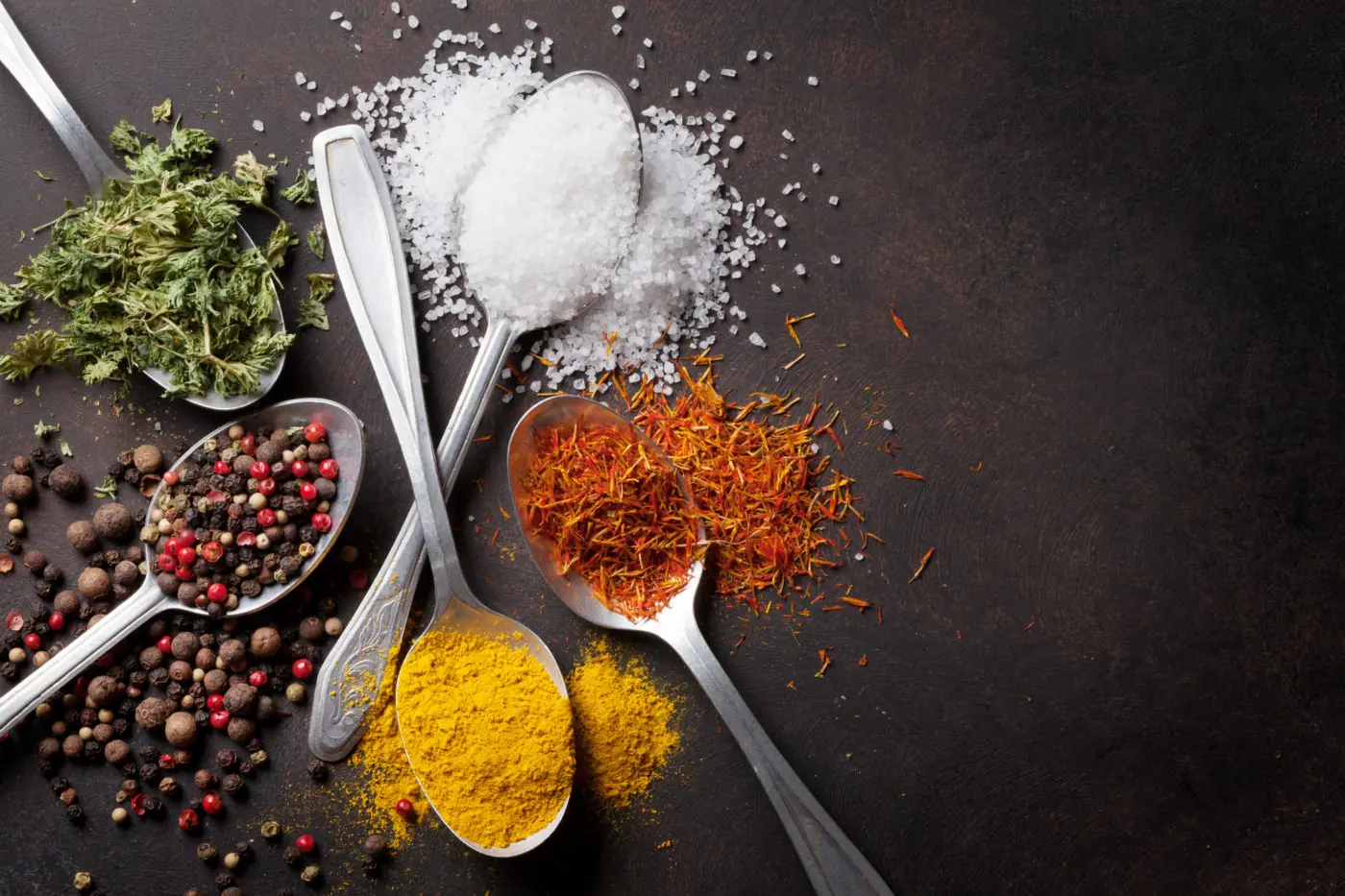
Discover how everyday spices not only enhance your meals but also offer remarkable health benefits, from reducing inflammation to boosting heart and brain health.

Stay hydrated the smart way: discover the best times to drink water for your health and energy.

Caring for pets doesn’t have to be expensive or stressful—these 10 easy hacks make life better for you and your furry friends!
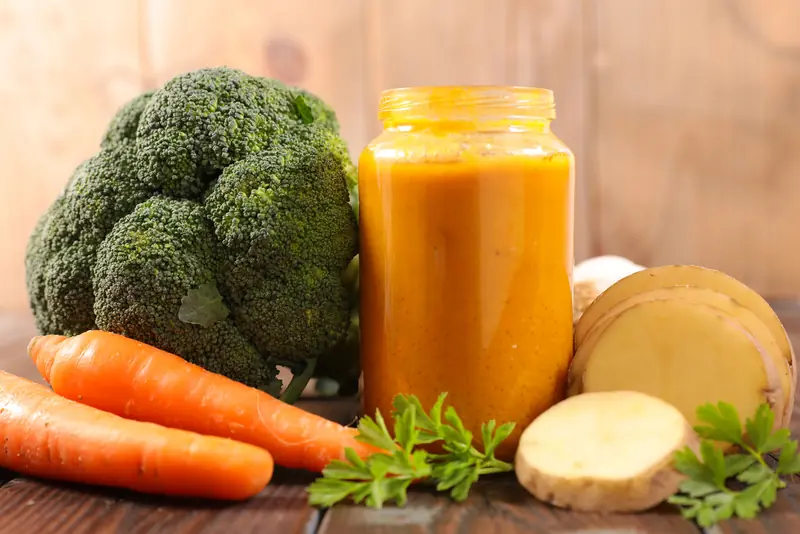
Certain foods can naturally help your body fight parasites while a holistic approach offers personalized care.

Feeling stuck in a rut? It’s time to reclaim your motivation and unlock your full potential.

Master the art of home cleaning by knowing exactly what to clean—and when—to keep your living space fresh and organized effortlessly.
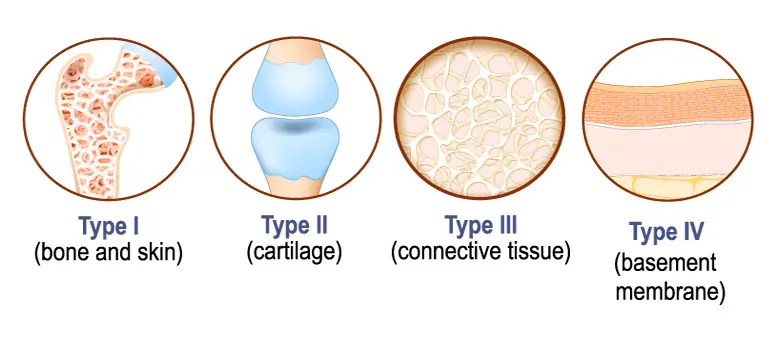
Discover the fascinating story behind collagen types and how they support your body’s health and beauty.

Beat the heat with these nutritious and delicious beverages perfect for tropical climates and sunny days.

Master your cleaning routine by knowing exactly what tasks to tackle—and when—to keep your home fresh and inviting all year round.

Your diet plays a crucial role in immune health—learn which common foods might be harming your defenses and how to strengthen them naturally.
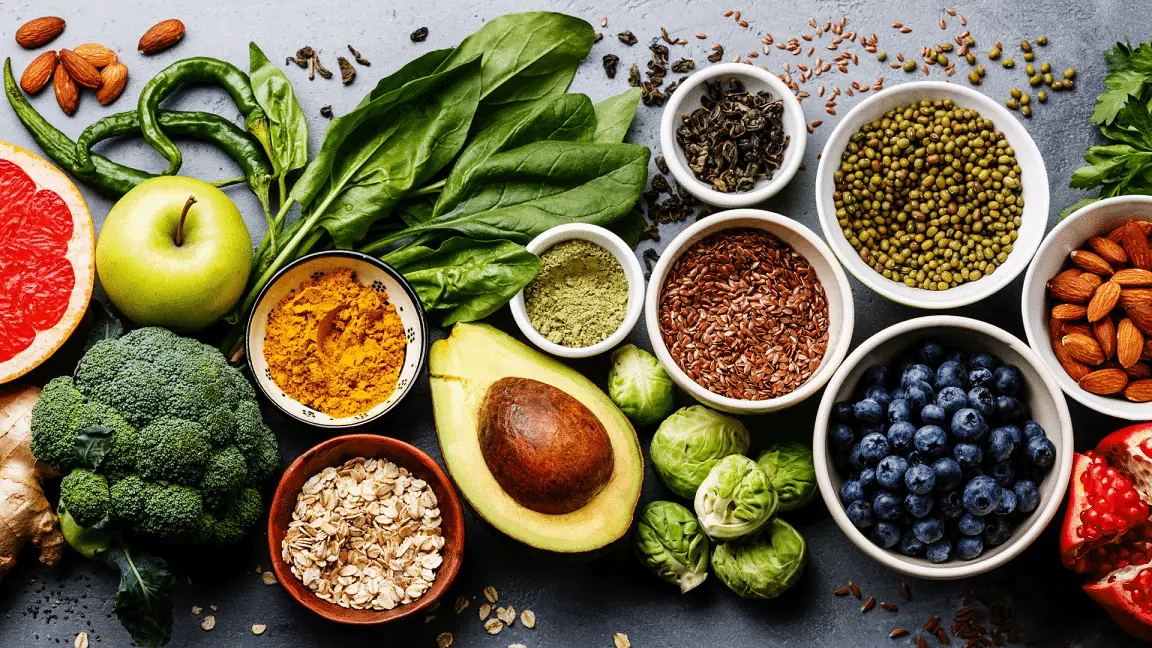
Incorporate these nutrient-packed foods into your diet to maintain electrolyte balance and promote optimal health.
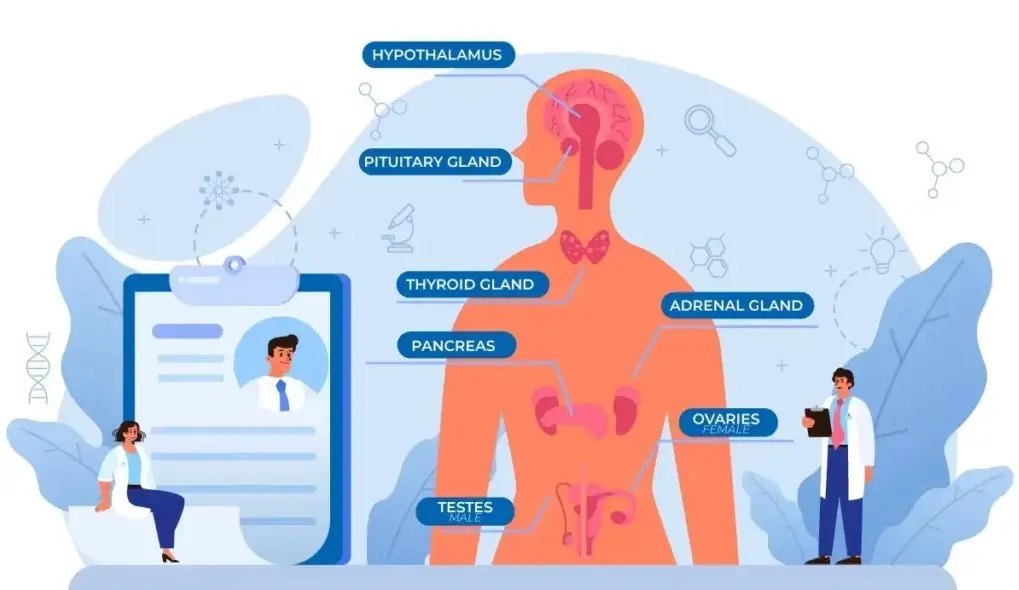
Hormones play vital roles in regulating your body’s functions, affecting both physical and mental well-being.
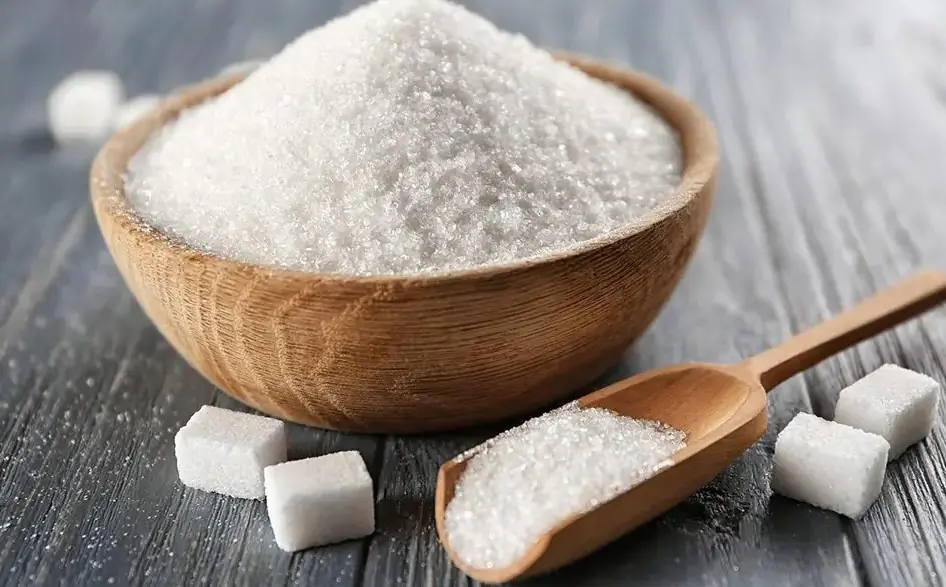
Understanding the wide-ranging effects of sugar can help you make healthier choices and protect your well-being.

Discover how vinegar’s versatility can simplify cleaning, pest control, and even personal care in your daily life.
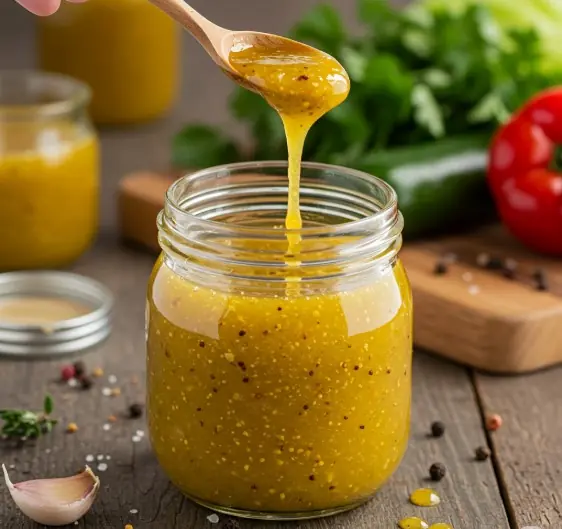
Discover easy homemade vinaigrette recipes that add a burst of freshness and zest to your meals.

Discover simple, effective ways to clean and care for your jewelry at home—no expensive trips needed!
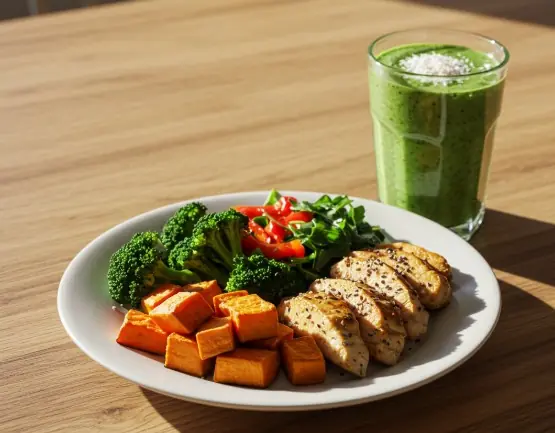
Learn simple daily routines that calm inflammation and help protect your body from chronic diseases.

Never let a missing ingredient stop your baking — discover reliable swaps for spices, liquids, flours, and more!

Many everyday household products contain harmful chemicals, but simple, natural alternatives can keep your home safe and healthy.



Discover how everyday spices not only enhance your meals but also offer remarkable health benefits, from reducing inflammation to boosting heart and brain health.

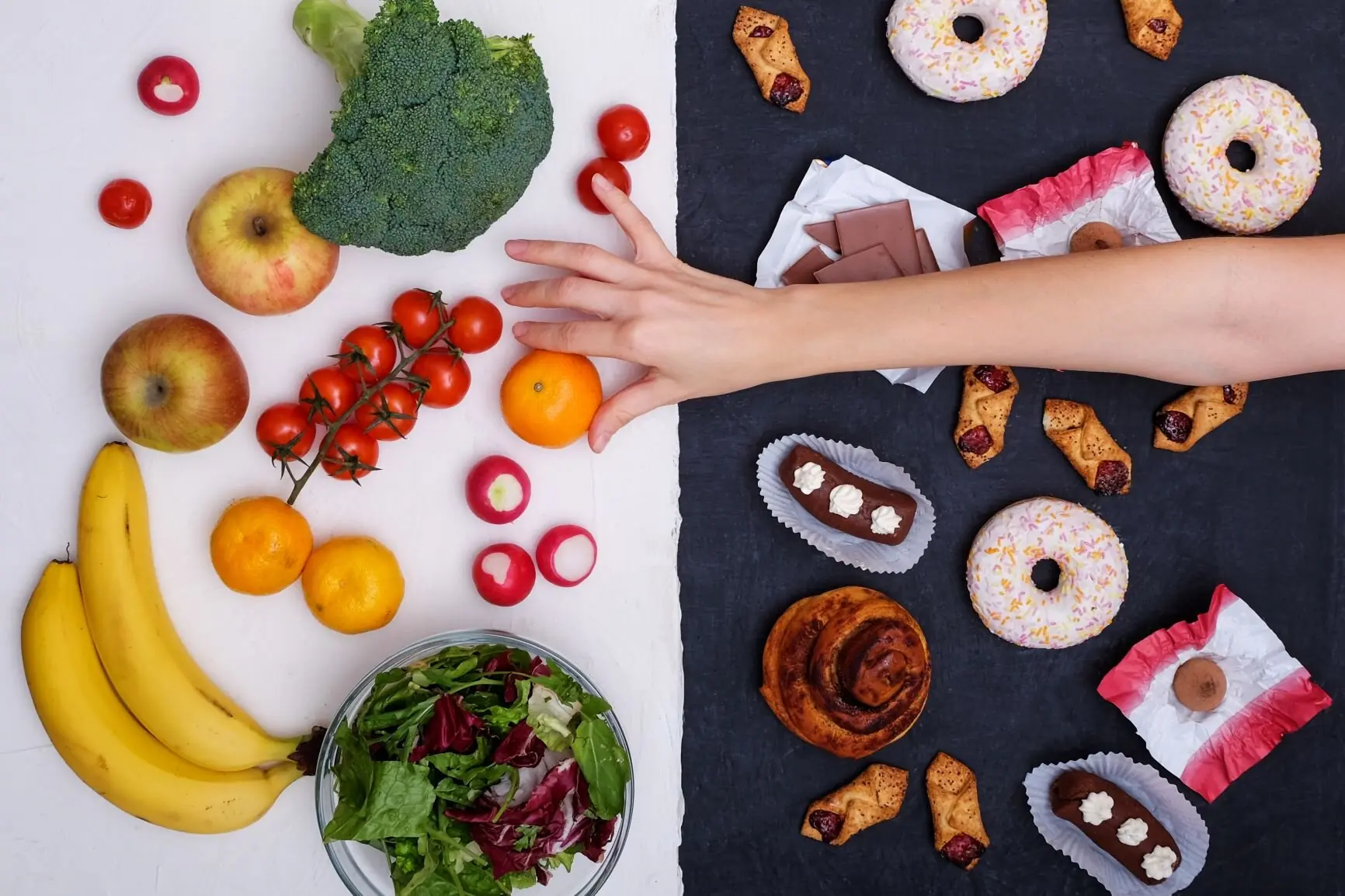
Simple swaps for a healthier diet: cut sugar, salt, and fat with easy food and drink alternatives.

Jammie’s lavish lifestyle crumbles when har$h truths confront her. With a mother-in-law’s quiet strength and a daughter’s innocence, she discovers that true wealth lies in love and responsibility. A heartfelt story of redemption and family.


An Herbalist’s Summer First Aid Kit by Thelittleshine Most of us keep a first aid kit at home, don’t we? We keep things like anti-histamine tablets, bandaids, gauze and cotton, antiseptic cream etc., to treat cuts, burns, scrapes, rashes and more.


She further revealed the struggles she faced with b:reastfeeding her children, noting how the accumulated stress took a severe toll on her physical and mental health.

Stay hydrated the smart way: discover the best times to drink water for your health and energy.


By embracing this DIY beauty secret, you’re not just caring for your skin; you’re investing in a sustainable, holistic, and personalized skincare routine that celebrates the wisdom of nature.

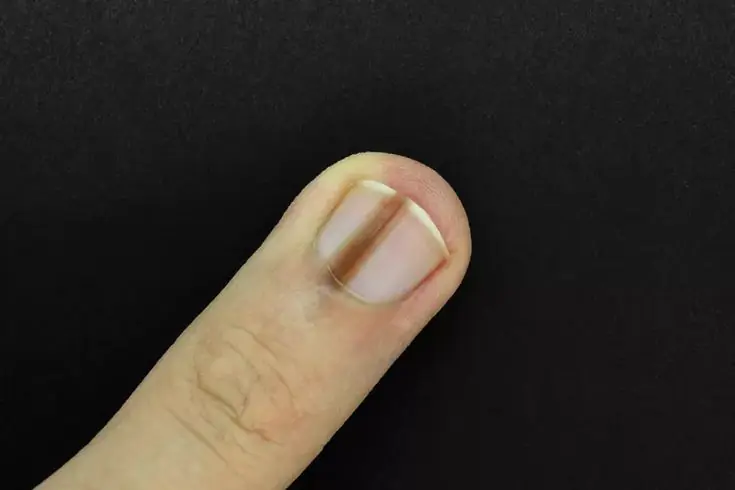


By harnessing the gentle power of rice, aloe vera, vitamin E, and natural oils, you can create a soothing, hydrating, and brightening regimen that’s customizable and free from harsh chemicals.
